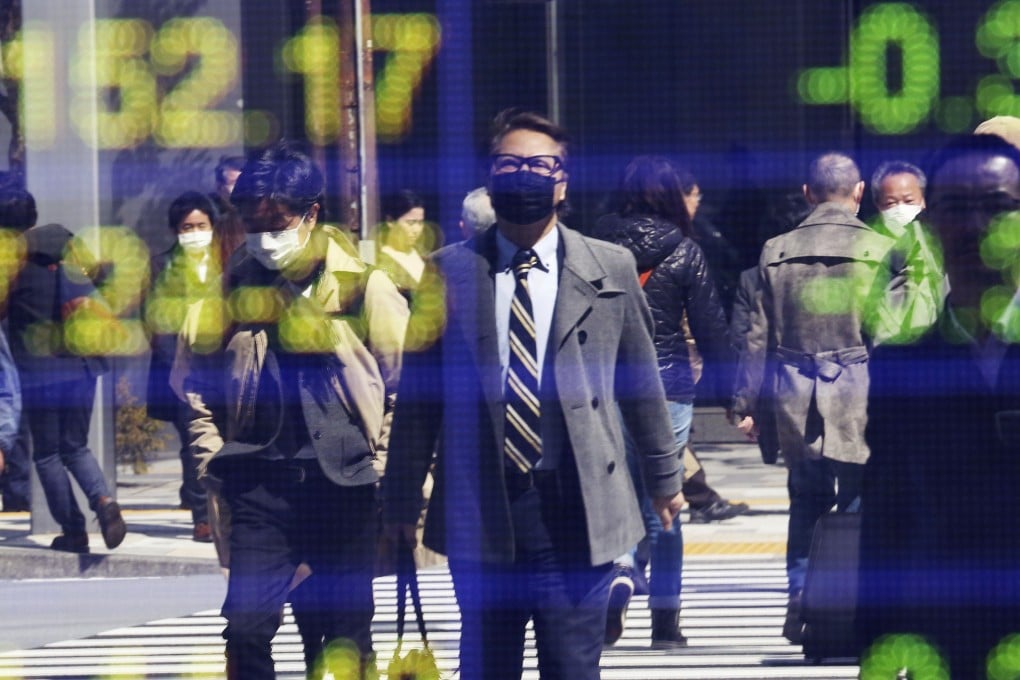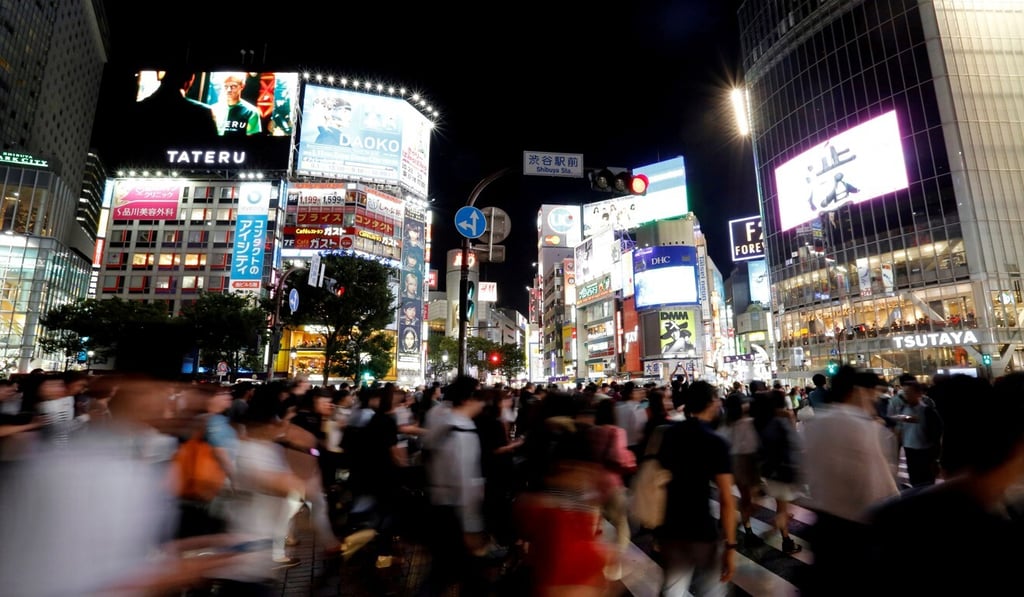Advertisement
Abacus | Coronavirus: Japan shows our faith in lockdowns and working from home is misplaced
- Crowded Japan found itself unable to embrace either measure, leading to dire predictions. Yet it now has one of the lowest infection rates in the world
- This suggests another force is at work. Asian hygiene standards, take a bow
Reading Time:5 minutes
Why you can trust SCMP

In March, governments around the world told people to work from home and socially distance. We cleared space at home for our computers as best as we could, and called into video meetings with laundry drying in the background.
For an Asian country that has had more than its fair share of natural disasters, it’s surprising how underprepared Japan was for working from home. There, as in most of Asia, home offices are quite rare. Part of the reason for this is Japan’s reliance on documents “signed” with multiple hanko, or chops. Nearly everything is done on paper, and fax machines are used to send documents around. It is remarkable how little things have changed in 40 years – I still have my little hanko from my first tour in Tokyo in 1986.
At the outset of the coronavirus pandemic, Japan did not go into lockdown – in fact the government does not have a legal way to enforce such a policy. This seemed to line it up to be one of the worst-hit countries. In fact, it turned out to have one of the lowest infection rates in the world.
Advertisement

ORGANISING 126 MILLION PEOPLE
Advertisement
Over 93 per cent of Japan’s 126 million people live in cities, the largest being Tokyo. To get a sense of scale, Tokyo has a population greater than Canada and an economy the size of Russia, all in an area about twice the size of Hong Kong. The notion of implementing social distancing to the degree done in Europe is somewhat absurd.
Organising so many people was never going to be easy. Yet with its huge at-risk elderly population, and constant pleading from Prime Minister Shinzo Abe and Tokyo Governor Yuriko Koike, the Japanese did their level best to self-isolate – with mixed success. The government also announced it would help by giving away two reusable cloth “Abenomasks” to everyone for protection. This drew loud domestic criticism because of its 46.6 billion yen (US$427 million) cost, and when the masks arrived from assembly lines in China some were tainted with hair and had to be recalled.
Advertisement
Select Voice
Select Speed
1.00x
